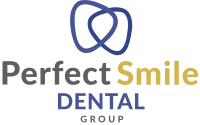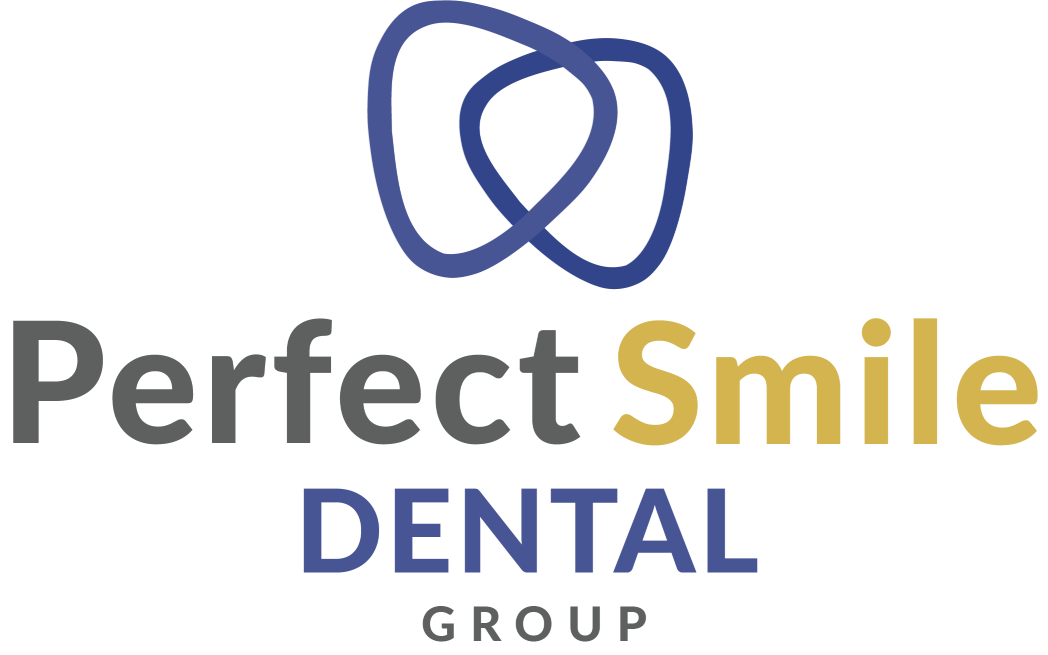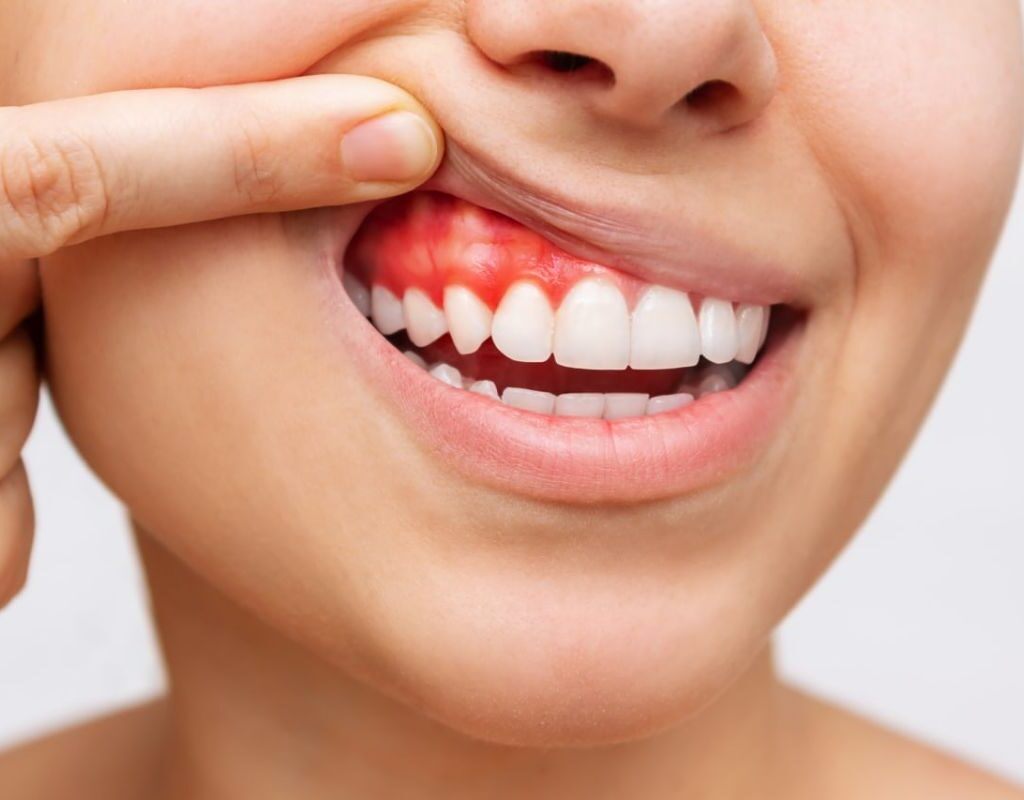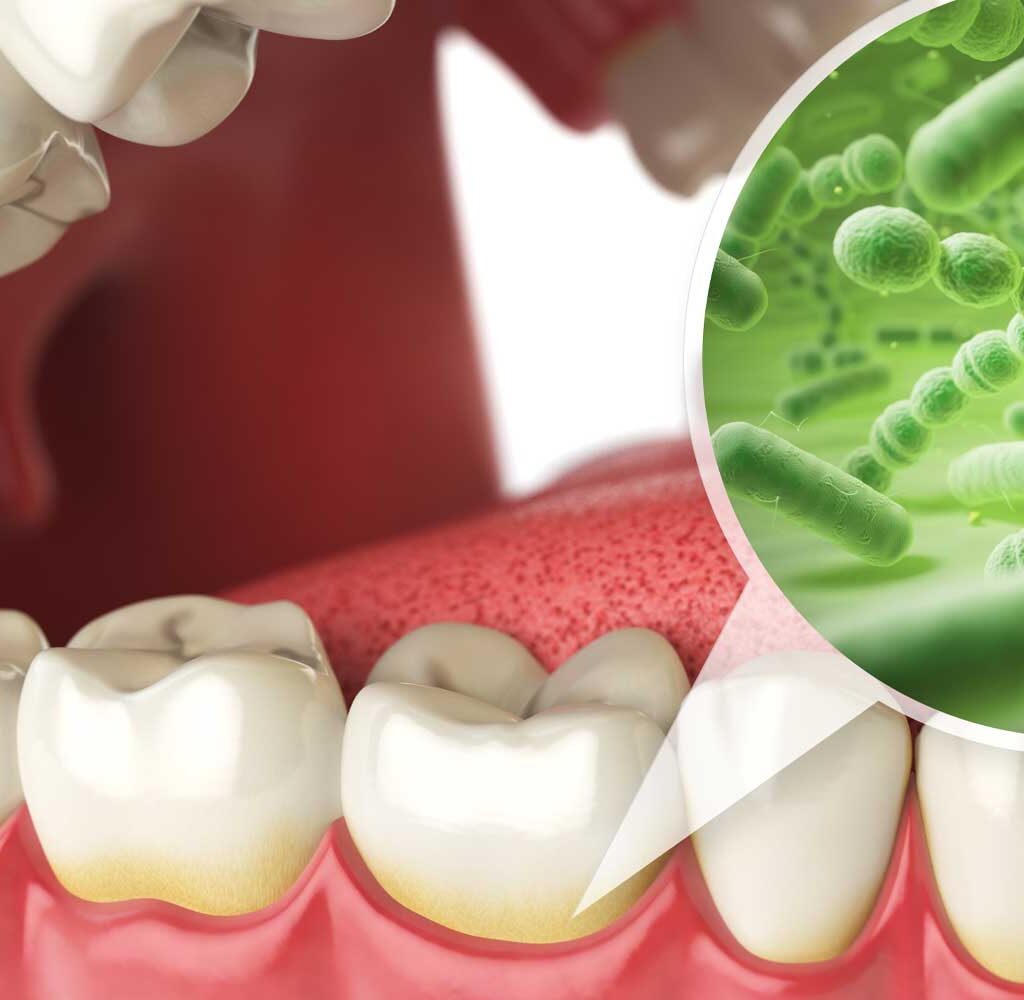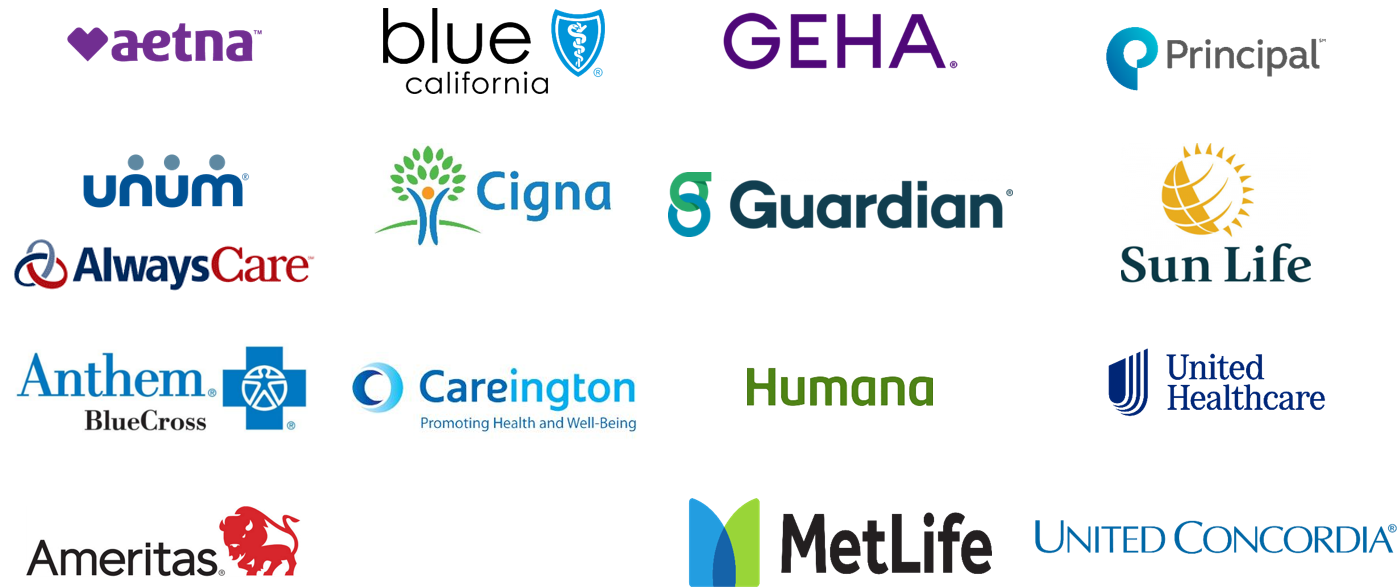Frequently Asked Questions
What is the difference between a routine dental cleaning and a deep dental cleaning?
A routine cleaning is recommended for patients that do not have gum disease. During routine dental cleaning, the dentist uses a cavitron that vibrates at high frequency to remove tartar, plaque buildup and stains off the teeth above the gum.
A deep cleaning is recommended for patients di gum disease. During deep dental cleaning, the dentist administers local anesthesia to numb the teeth and gum before using a cavitron to remove tartar, plaque buildup, stains and harmful bacteria below the gum.
How much does a dental deep cleaning cost?
A deep cleaning costs about $150-$250 per quadrant, so a full mouth deep cleaning cost about $600-$1,000.
How long does deep teeth cleaning take?
A deep teeth cleaning takes about 45 minutes to 1 hour. Usually, one side of the mouth is cleaned at each appointment.
Is dental deep cleaning painful?
Dental deep cleaning does not hurt. Local anesthesia will be administered by the dentist to numb the gum and teeth before the deep cleaning.
Why is deep cleaning teeth so expensive?
A deep cleaning is more expensive than a routine dental cleaning because it is more invasive and time consuming. The dentist administers local anesthesia to numb the teeth and gum before performing the deep cleaning.
Is a dental deep cleaning ever really necessary?
Once a patient is diagnosed with gum disease, a deep cleaning is necessary to remove harmful bacteria and buildup below the gum. A deep cleaning removes the tartar buildup, staining, food debris and bacteria under the gum to help the gum and bone to heal. A routine dental cleaning cleans the teeth above the gum and does not treat the gum disease.
Can a dentist do a regular cleaning instead of deep cleaning?
No. A routine dental cleaning cleans will not remove the harmful bacterial under the gum to treat the gum disease.
How often should deep cleaning be done?
Deep cleaning should be done once every 2 years. After a deep cleaning, patient has to come back every 3 months for periodontal maintenance to remove the harmful bacteria and maintain the health of the bone and gum.
Can you eat after deep cleaning?
Once the numbness wears off, you can eat right away.
How long does deep cleaning take to heal?
It takes about 1 week for the gums to heal after a deep cleaning. During the healing phase, you may experience some bleeding & swelling of the gums and teeth sensitive. Avoid acidic food and whitening toothpaste that can worsen teeth sensitivity. You can use Sensodyne sensitivity & gum toothpaste to help reduce sensitivity.
Why does my mouth hurt so bad after getting my teeth cleaned?
Patients experience soreness of the gum and teeth sensitivity after a deep cleaning because the roots and gums are clean and free of tartar and harmful bacteria. It took a while for tartar to build up and cover the roots of your teeth. Your teeth got used to the roots being covered. After a deep cleaning, the roots are no longer covered by the tartar and bacteria, so your teeth feel more sensitive to hot and cold.
Gum soreness after a deep cleaning can be due to 2 factors: 1) Gum inflammation caused by the gum disease bacteria 2) Pressure applied under the gum to remove tartar buildup & bacteria at the roots.
When gum disease bacteria infect the gums, the gums get irrigated and become swollen and inflamed. When the dentist applies pressure to remove tartar buildup & bacteria under your gum, it contributes to the soreness you experience after a deep cleaning.
Things you can do to decrease teeth sensitivity & gum soreness.
1) Use Sensodyne sensitivity & gum toothpaste to help reduce sensitivity.
2) Avoid acidic food and whitening toothpaste that can worsen teeth sensitivity.
3) Take over-the-counter pain medications such as Ibuprofen.
What is Periodontal Maintenance?
After a deep cleaning, patient has to come back every 3 months for periodontal maintenance to remove the harmful bacteria and maintain the health of the bone and gum.
